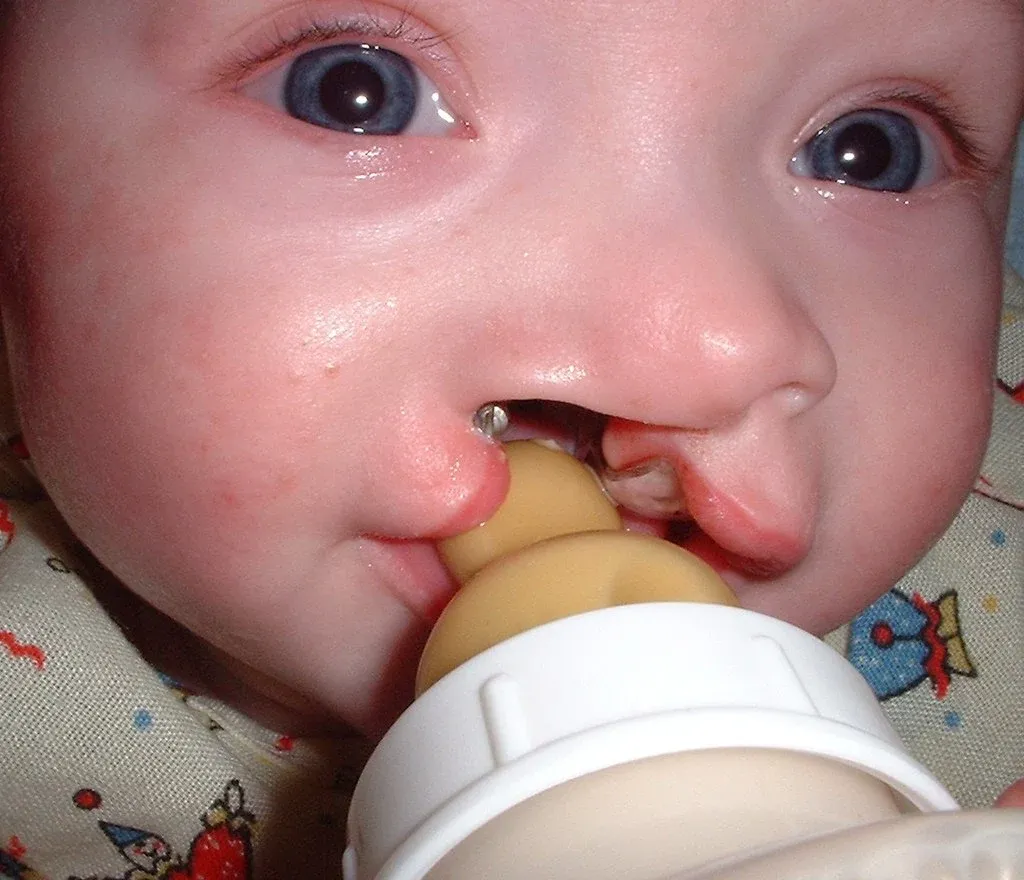-

·
Epidurals and Breastfeeding
While some see it as a necessity for a more comfortable birthing experience, others worry about its potential impact on breastfeeding. This article aims to provide a well-rounded perspective to support mothers in making informed decisions. As we dive into this complex topic, remember that each mother’s journey is unique, and there is no one-size-fits-all…
-

·
Could Breastfeeding Reduce the Risk of ADHD?
Breastfeeding reduces the risk of ADHD by promoting a strong bond between mother and baby and providing important nutrients to help boost brain development. ADHD, or attention deficit hyperactivity disorder, can cause focus issues and impulsive behavior, including hyperactivity and emotional problems. While some children may show only a few of these symptoms, others may…
-

·
How to Induce Lactation and Breastfeed Your Adopted Baby
They said I wouldn’t be able to do it and that I’d never get him on the breast, and that I wouldn’t make enough milk, but, I did it, and I am so happy that I did because my son is 13 months old now and healthy and thriving in the 56 percentile Is it…
-

·
Breastfeeding Your Preemie – When Every Drop Counts
Caring for a premature baby brings big emotions and even bigger courage. Breast milk is more than nutrition for preemies — it’s protection, comfort, and medicine. Whether your baby is tube-fed, learning to latch, or practicing skin-to-skin, every drop you give helps their tiny body grow stronger.
-

·
Stories of Mothers Who Cannot Produce Breast Milk
I believe that some women cannot produce breast milk. Whether hormonal or genetic, it is a reality that, for whatever reason, has been downplayed and ignored by the majority of the medical community. Some Women Can’t Breastfeed Kat’s story “I know now that some women can’t breastfeed. To this day, I still wonder why breastfeeding…
-

·
Cleft Lip and Palate
The Obturator can help the baby suck stronger and provides firm pressure on the breast. The mother should request that the Obturator be made of a smooth surface, as not to hurt her while breastfeeding Cleft lip and Cleft palates are among the most common birth defects. While the fetus is developing in the mother’s…
-

·
Metformin and Breastfeeding
Metformin and Other AntidiabeticMedicines: Are They Safe to Use WhenBreastfeeding? Approximately 15 million women, or one in every nine women, in the United States have diabetes – and health outcomes for female sufferers tend to be worse than they are for men. For instance, women have a four times higher risk of developing heart disease…
-

·
Pedialyte for Infants – Is It Safe? What You Should Know
Worried about keeping your sick baby hydrated? This guide explains when and how oral rehydration solutions can help, why breastmilk is best, and what signs of dehydration to watch for. Learn safe tips, when to use Pedialyte, and when to call your doctor.
-

·
Infant Acid Reflux – How to Soothe Your Little One Naturally
Many babies spit up, but when does it signal reflux or GERD? This guide explains why reflux happens—especially in breastfed babies—how to spot red flags, and practical ways to ease symptoms. With expert-backed tips, parents can feel reassured and know when to seek medical advice.
-

·
Soothe Acid Reflux in Breastfed Babies – 10 Proven Ways
If your baby struggles with frequent spit-ups, fussiness, or poor sleep, acid reflux may be the cause. The good news? Most babies outgrow it, and there are simple, gentle ways to ease their discomfort. From feeding tips to soothing positions and everyday adjustments, here’s a list of practical solutions that can help your baby feel…